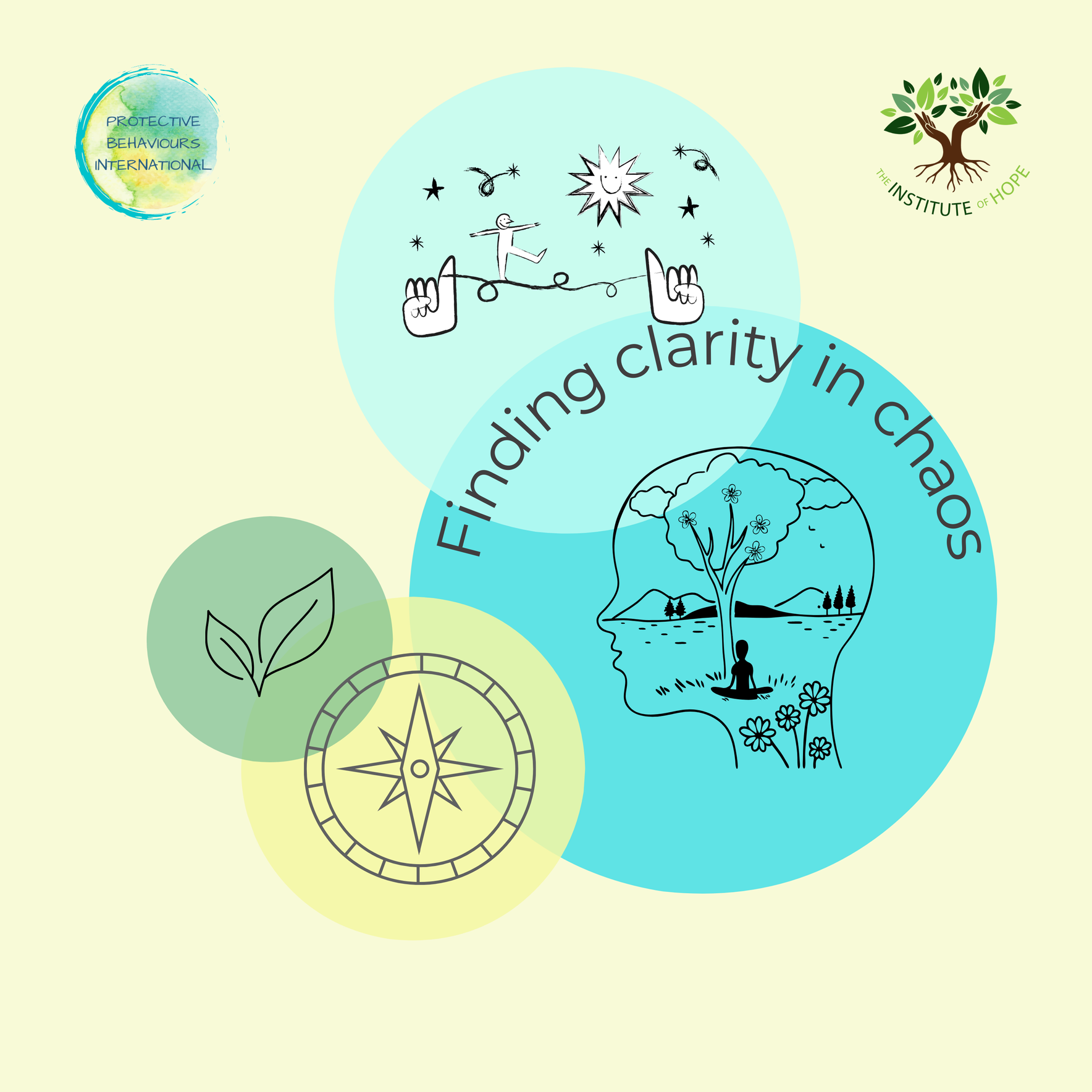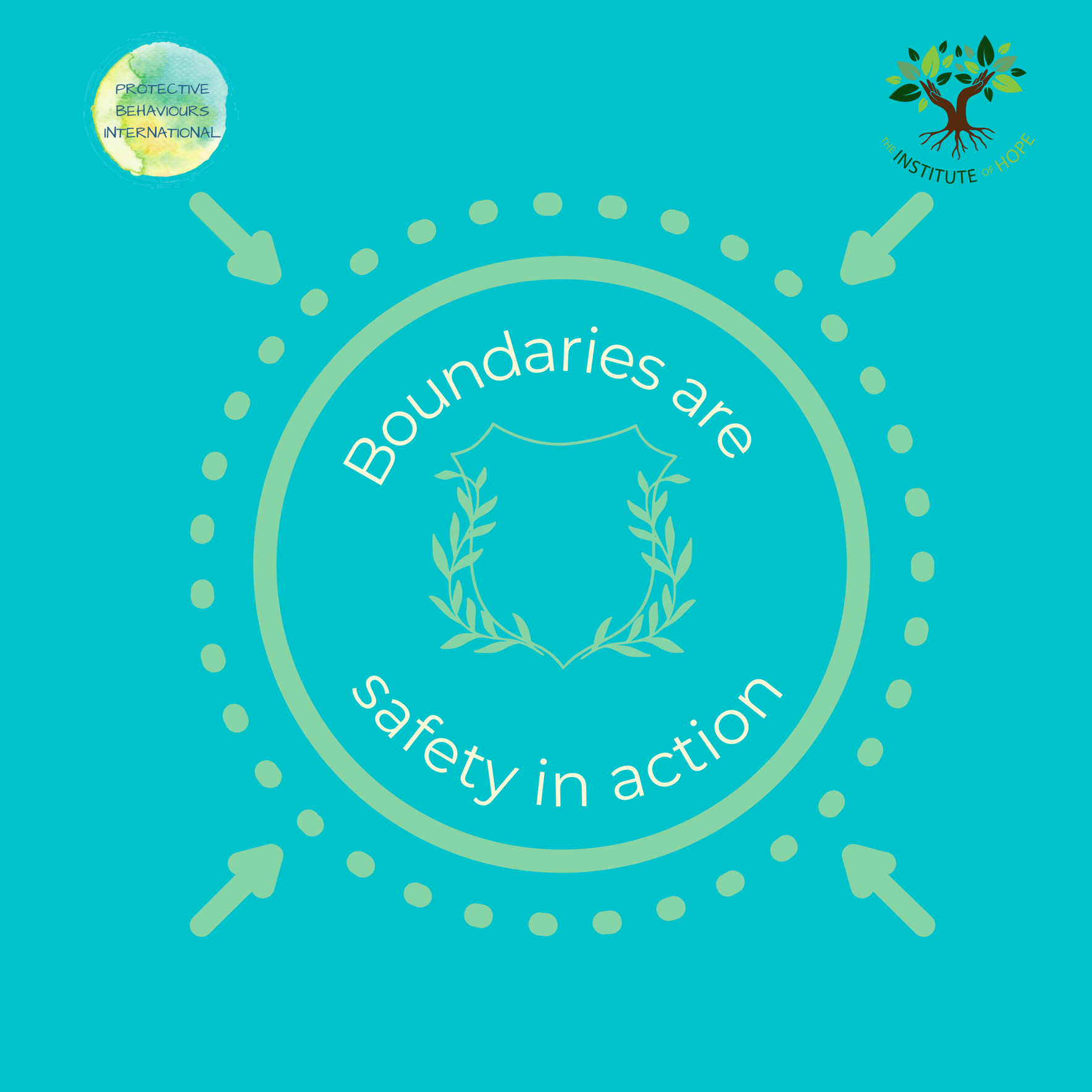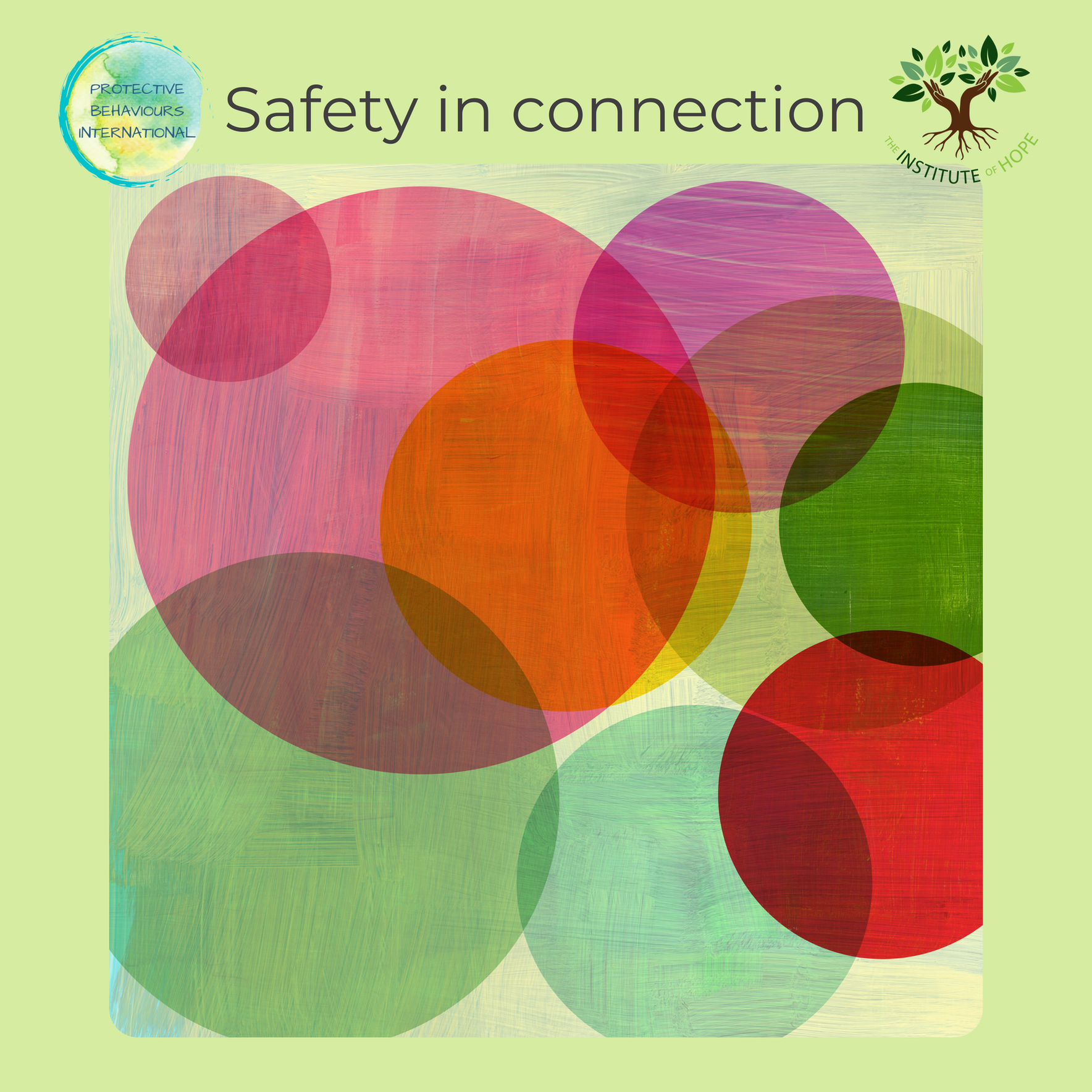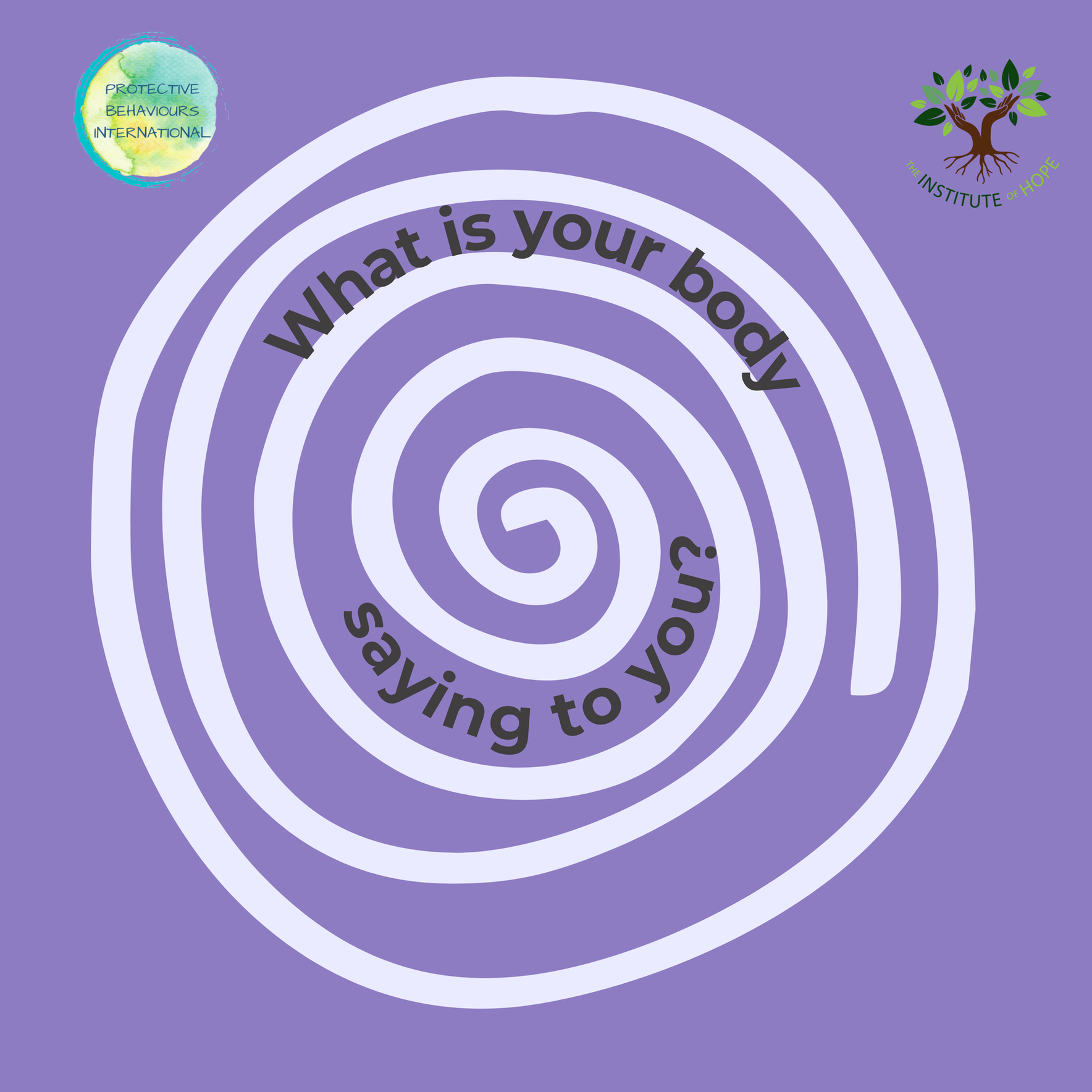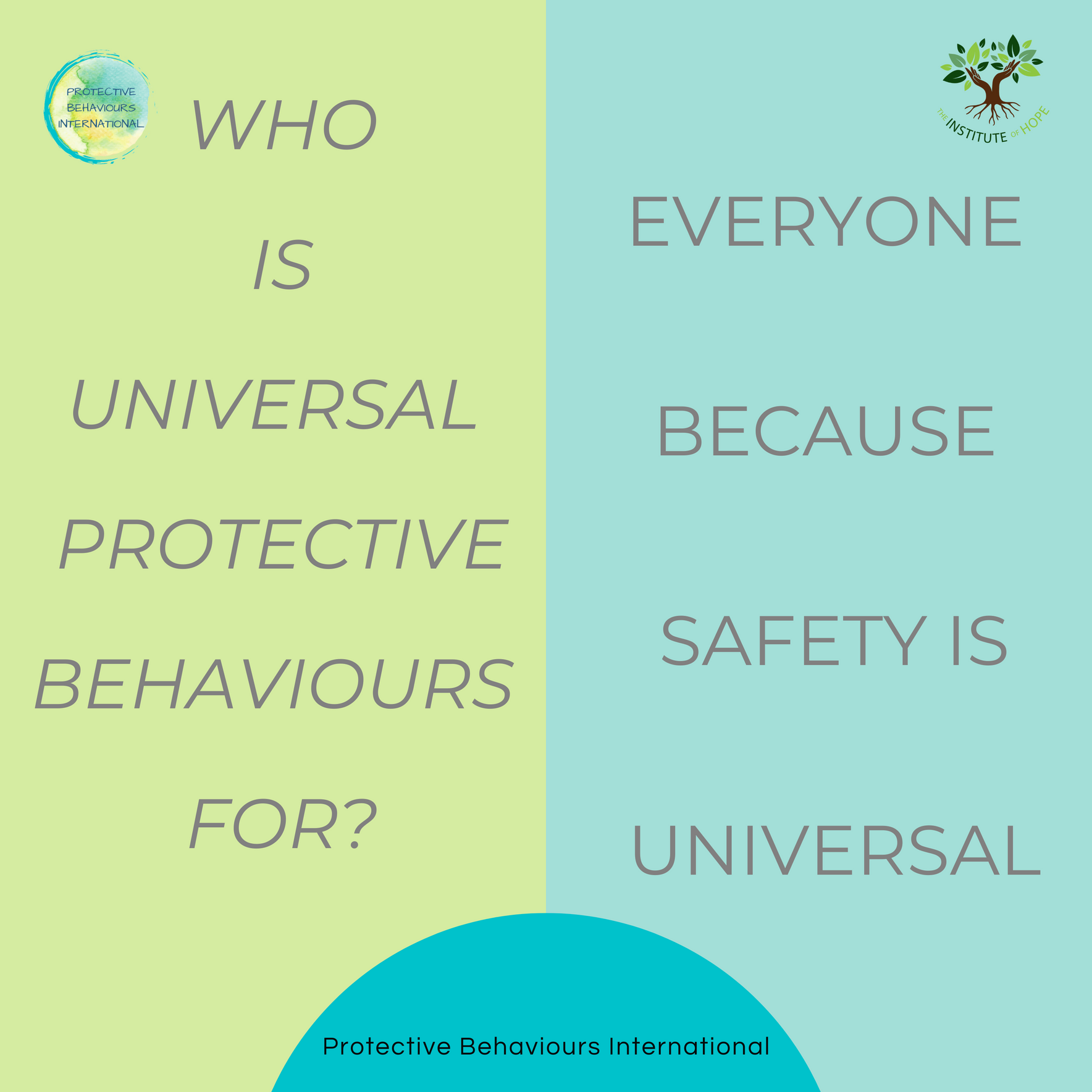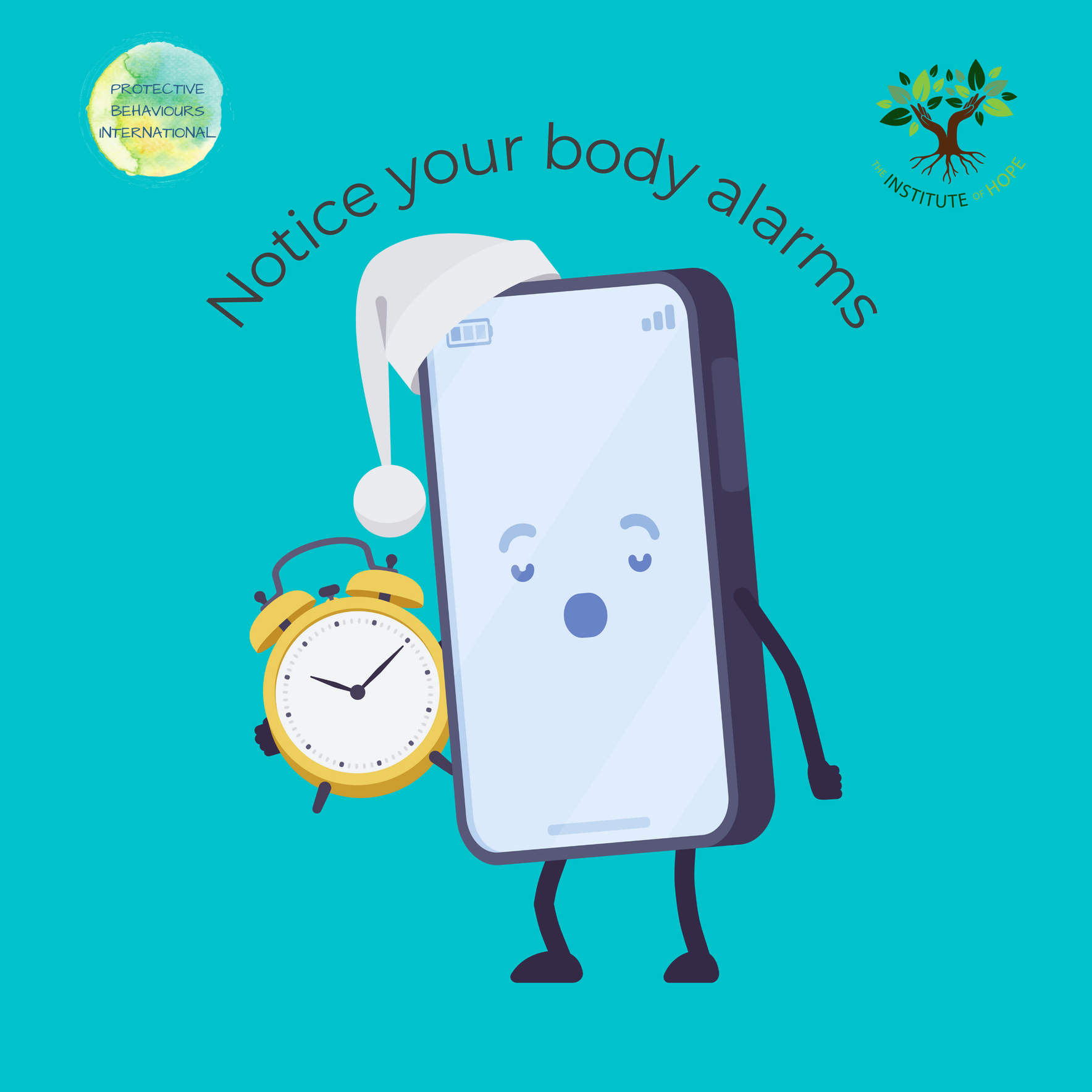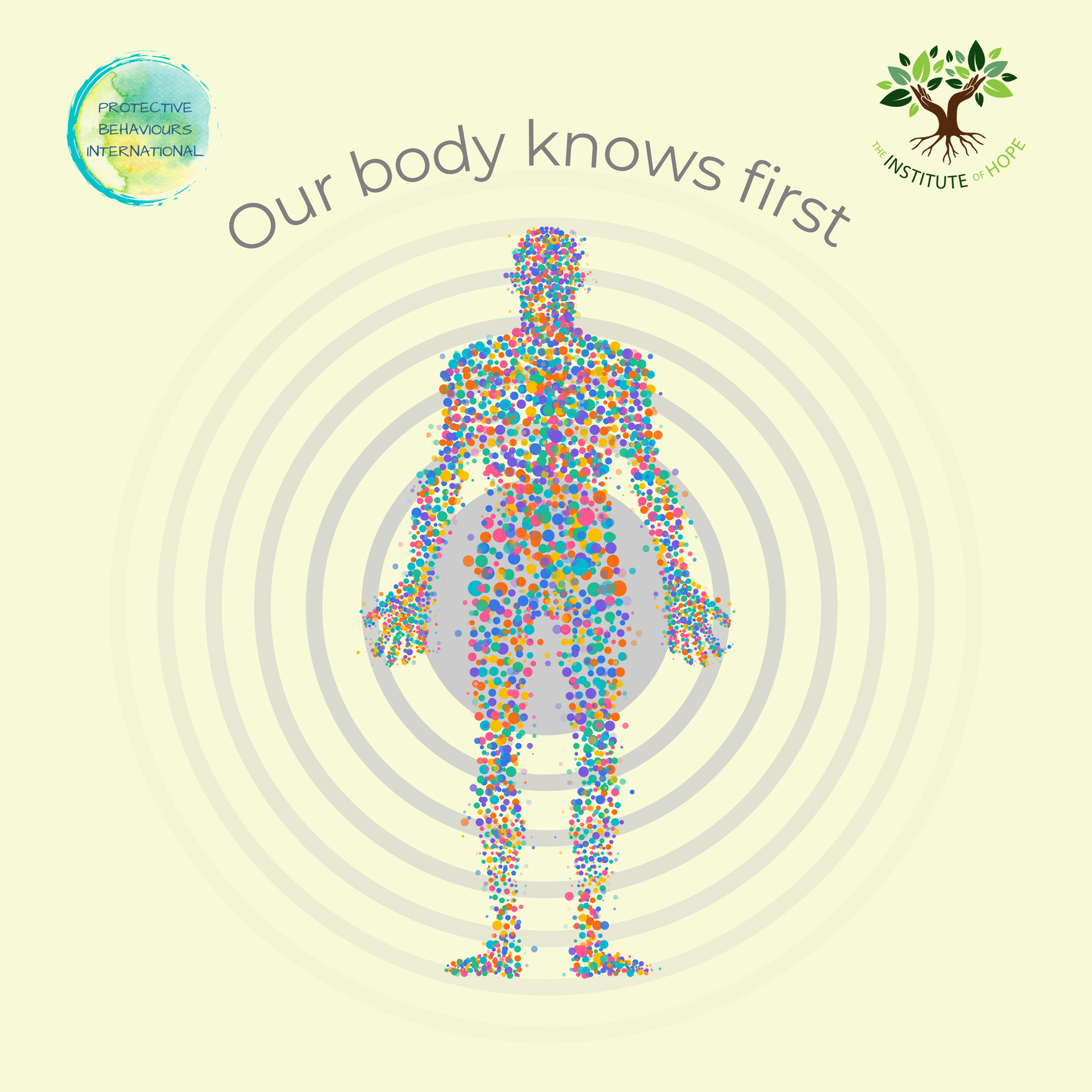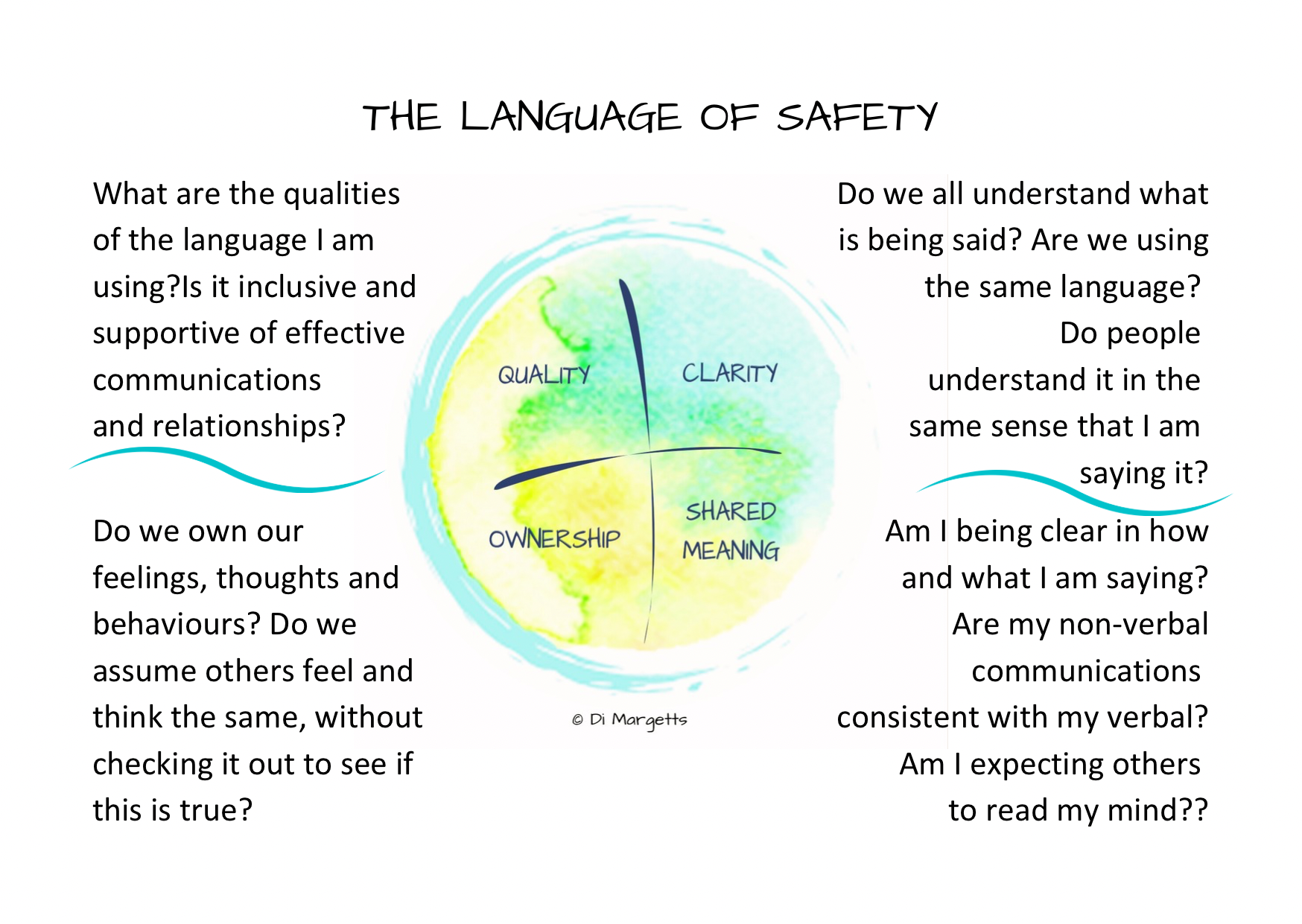Blog
Stay informed, inspired, and connected with insights from The Institute of Hope. Our blog shares practical strategies, expert advice and thought leadership on workforce development, wellbeing, leadership, and organisational growth.
Explore our latest articles and discover tools and knowledge to lead, support, and grow with confidence.
Understanding the PBS Framework for Safety
The concept of safety is fundamental in any organisation or community. It is a right that every individual should enjoy without exception. The principles of protective safety provide a structured approach to fostering environments where safety is understood, respected, and maintained. This article explores the essential elements of the Protective Behaviours framework, offering insights into its application and significance.
Finding clarity in the chaos
Welcome back to Feeling Safe and Standing Strong, Blog Six of Ten: Finding Clarity in the Chaos. I love this topic. In moments of high stress, conversations can feel like trying to steer a boat in the storm. Our thinking gets clouded, emotions run high, and it's easy to say something we'll regret, or conversely, stay silent when we wish we'd spoken up.
Boundaries as an active form of safety
In a world where personal boundaries often resemble walls that separate us from others, it's time to rethink this narrative. Boundaries should be seen more like a front gate to me, flexible and controlled by us, open to being adjusted according to our comfort and respect for both ourselves and others.
Improving Workplace Welfare with Psychosocial Safety
Workplace welfare is a critical aspect of organisational success. It encompasses the physical, mental, and emotional well-being of employees. Ensuring a safe and supportive environment is essential for productivity, engagement, and retention.
Safety in relationships and the power of co-regulation
his week's focus is on safety in relationships, and I don't just mean romantic relationships. I mean the safety we feel or don't feel with friends, colleagues, family members, even in passing interactions.
Why Feeling Safe at Work Really Matters
Feeling safe at work isn’t a luxury; it’s essential. When people feel respected, heard, and valued, they’re more engaged, more productive, and more likely to stick around.
Learning the language our bodies speak
In our fast-paced lives, we often overlook the language our body speaks. This isn't merely about listening to our gut in a vague, abstract sense. It's about learning the cues and signals our body sends us every single day to tell us how we're doing.
Who is Universal Protective Behaviours for?
Universal Protective Behaviours is built on a simple truth: we all have the right to feel safe.
Listening to the Body's Alarms
Exploring what it truly means to feel safe in our bodies, relationships, and work, we delve into a truth that changes how we think about safety and stress: our nervous system knows first.
When Safety Isn’t Obvious
Have you ever walked into a room and felt off? Unsure? Uncertain? Uncomfortable? No one has said anything, and nothing obvious is happening, yet something in your body whispers, "This doesn't feel right." That's your body talking, and it's often way ahead of your mind when it comes to detecting safety.
Feelings, Thoughts and Behaviours: Connecting the Dots
Our feelings, thoughts and behaviours are so closely linked that it can be hard to know which comes first sometimes.
This third element of the Universal Protective Behaviours Psychosocial Framework helps us make sense of that connection so we can respond more intentionally, especially in challenging situations.
Unwritten Rules: Seeing the Invisible
Every community, workplace and family has its own set of Unwritten Rules. It could be considered an unspoken set of expectations that guide how we behave. These rules can be as simple as “don’t interrupt” or as complex as “this is how we handle conflict.” But here's the thing: because they’re rarely discussed, Unwritten Rules can create confusion or conflict when we cross them unknowingly.
The Language of Safety: Supporting Safe and Clear Communications
Have you ever struggled to find the right words in a difficult conversation?
If you have, you’re not alone. And if you haven’t, please share your secret! Communication is complex. Too often, we forget the influence not just of what we say, but how we say it, and even what our body language is doing while we’re speaking.
We All Have the Right to Feel Safe, or do we?
While not everyone will agree with this, we firmly believe feeling safe isn’t a luxury; it’s a fundamental right that every person deserves to experience.



